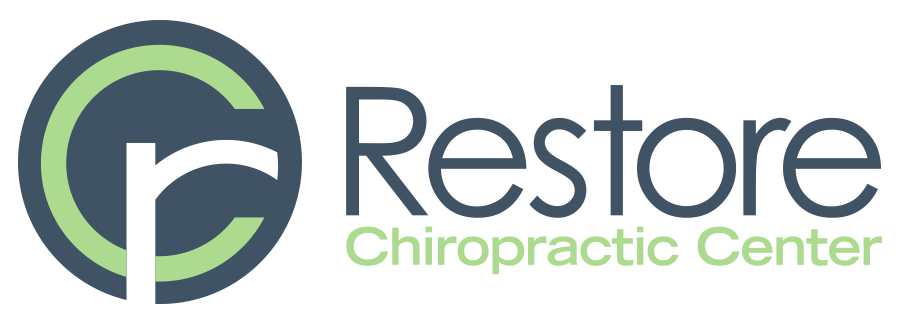February is Heart Health month and I want to share with you a few common myths or misconceptions about how to keep your heart healthy. We will cover the whole shebang at our annual Heart Health Class coming up soon. But for now, let’s dive right in!
Myth #1: Cholesterol is bad.
Cholesterol has been vilified as the cause of heart disease for years and is the cause of 1 out of every 4 Americans over the age of 45 to be taking cholesterol lowering medication.
Cholesterol is not the enemy, if it were – why would your liver produce most of the cholesterol that in circulating in your body right now? That’s right, 75% of the cholesterol in your body is produced by your liver… leaving only about 25% from the foods that we consume. So if you cut back on your cholesterol in the diet, your liver will simply produce more. Why does your body produce so much cholesterol? Because your bodies could not function without it. Period. It is one of the main components of cell walls – so each cell in your body (all 37.2 TRILLION of them) needs cholesterol to work properly. And your body is constantly replacing cells, so we need a steady amount of cholesterol to keep up with this demand. So not only does every cell in your body require cholesterol – cholesterol is essential for digestion, hormone production, immune system function, Vitamin D production, and brain and nervous system function… something that we think is pretty important! So let’s work on correcting cholesterol’s bad rap. Let’s give cholesterol a big high five, a pat on the back, a “job well done!” And thank it for keeping us alive!
Myth #2: High cholesterol is a good predictor of heart attacks.
Elevated “total cholesterol” numbers are actually a fairly poor predictor of heart attacks. More than half the people admitted to the hospital with heart attacks have normal cholesterol levels! You’ve probably heard the HDL/LDL ratio is more accurate, which is definitely true compared to total cholesterol numbers. What is even MORE accurate is another ratio of triglycerides (a measurement of fat in your blood) to HDL. Let’s look at a few examples… if your triglycerides are 100 and your HDL level is 50, than your ratio is 2. And if your triglycerides are 200 and your HDL is 40, your ratio is 5. A low ratio (2 and under) is great — meaning your heart is very healthy and at a lower risk of heart disease and heart attacks. A higher ratio (anything 4 or above) is correlated with a much higher risk of heart disease and heart attack, one study found it to be a 16x higher risk!
So when you get your numbers from your next blood test, do some math and figure out your ratios. And if you aren’t happy with your ratio number, please check out our upcoming heart class where we will show you how to improve it!
Myth #3: A diet low in fat and high in carbohydrates will protect you from heart disease.
False, false, so false! Saturated fat has gotten an even worse rap than cholesterol in our diets! You’ve heard it is to be avoided like the plague. Our society has taken this particular myth and ran with it. Foods have been marketed as “heart healthy” because they are low in fat. The fat has been taken of these foods, but guess what it’s replaced with? Sugar! So it still tastes good but is loaded with sugar! Think you’re OK because you don’t do a lot of sugar but have good “heart healthy” whole wheat instead? Sorry, I’m going to burst that bubble too. Wheat is a carbohydrate and that’s just a fancy word for sugar. When your body metabolizes carbohydrates, especially grains and wheat, it breaks them down into sugar — skyrocketing your blood sugar levels. There have been so many studies confirming that taking fat out of the diet and replacing it with carbohydrates significantly increases your risk of heart disease and heart attacks. Fats are very beneficial to our health – especially saturated fats. So bring on the coconut oil, butter, and avocados!
In our heart class we will cover saturated fats, other types of fats, fat ratios, inflammation, sugar, stress, what to eat, what not to eat…. Like I said earlier, the whole shebang! Be sure to watch your inbox for details of our next heart class!



